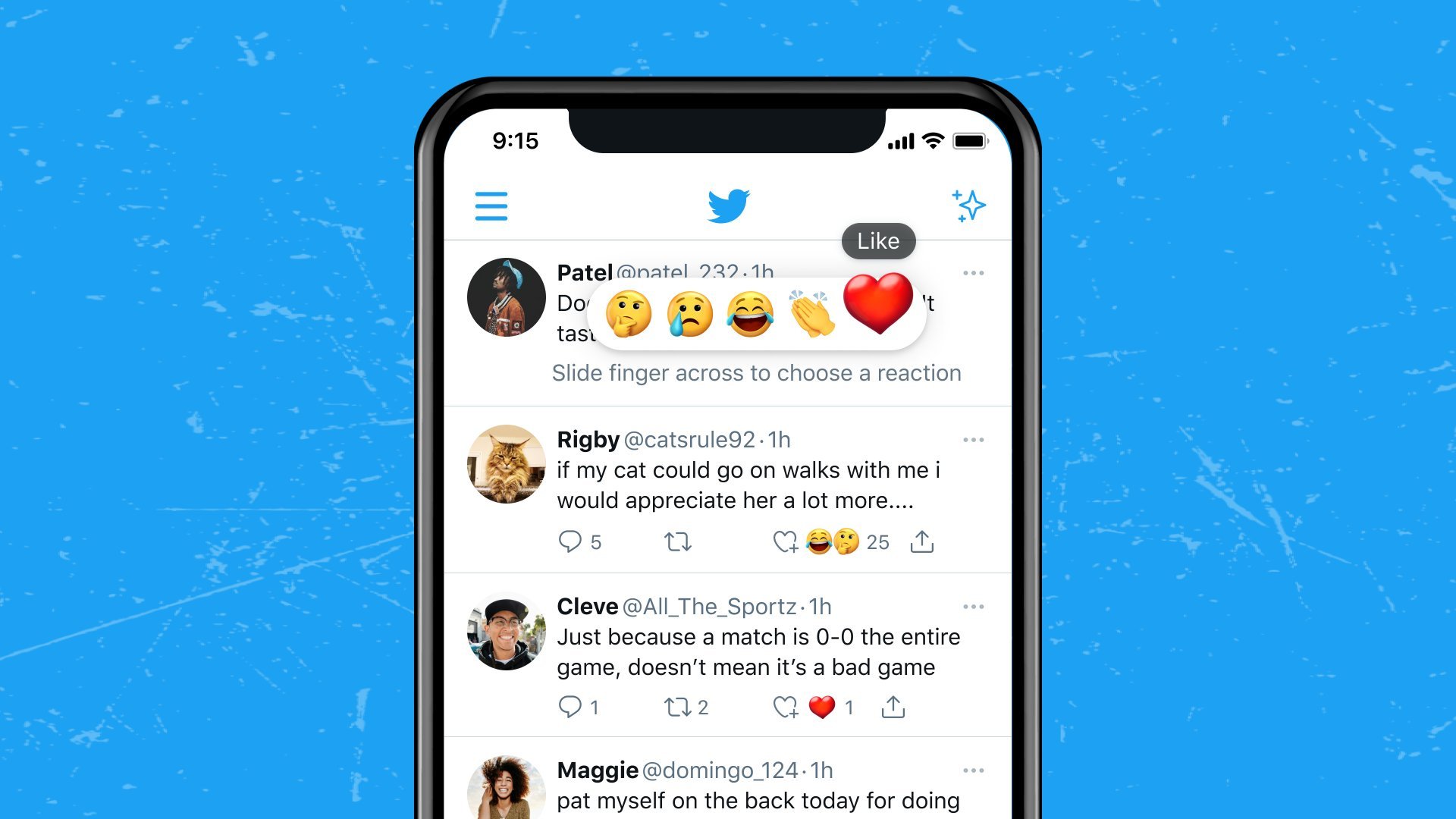It's been a long time coming, Twitter.
What you need to know
- Twitter has started testing Tweet reactions.
- The new reactions are designed to give users more expression as opposed to simply liking a tweet.
- Reactions are being tested in Turkey while Twitter gains more insight into the feature.
Twitter's ongoing round of experiments continues as the company begins publicly testing its new Facebook-like Tweet Reactions.
The announcement was made on Thursday by a member of the Twitter design team. The feature is aimed at giving users additional ways to express themselves and engage with tweets "when a simple Like doesn't cut it."
We set out to alleviate these issues by exploring what behaviors an overloaded Like was spurring on Twitter.
After much research we found that people were using many workarounds to do something they desired: quickly & meaningfully express how they felt about a piece of content
Given that a Like has been the only way to react to a tweet outside retweeting leaves, it makes sense that Twitter would introduce such a feature. The company has recently been preoccupied with finding ways for users to engage and tweet more, particularly after the failure of Fleets.
This also isn't the first time Tweet Reactions have been spotted, with the feature leaked periodically since at least mid-2020 and the company reportedly testing emoji reactions since as early as 2015.
Twitter apparently considered many different reactions and styles before settling on this initial set. It includes a thinking emoji, teardrop, laughing, clapping, and heart. Notably, there's isn't a thumbs down or a way for someone to express that they don't like a tweet.
It was explained that the design team settled on this initial reaction set by looking at ways users were engaging on Twitter. This included most commonly used emojis and emotions that would resonate across cultures.
The team also tested out various ways to input reactions and how they would appear on the tweet.
This is just the beginning of Tweet Reactions. We'll continue to look at how the initial reactions set is used to understand if & how we should change them over time. In the meantime, we're slowly rolling out to folks in 🇹🇷 so if you can try it out & let us know what you think! pic.twitter.com/ix9d2lBJkT
— J (@jtwdesign) September 9, 2021
Unfortunately, the new Tweet Reactions are only being tested in Turkey for now on iOS, the web, and the best Android phones. For now, it's unclear if and when they will come to other regions.
The latest experiment comes just after Twitter launched Communities as an alternative to Reddit and Facebook Groups.
Source: androidcentral
